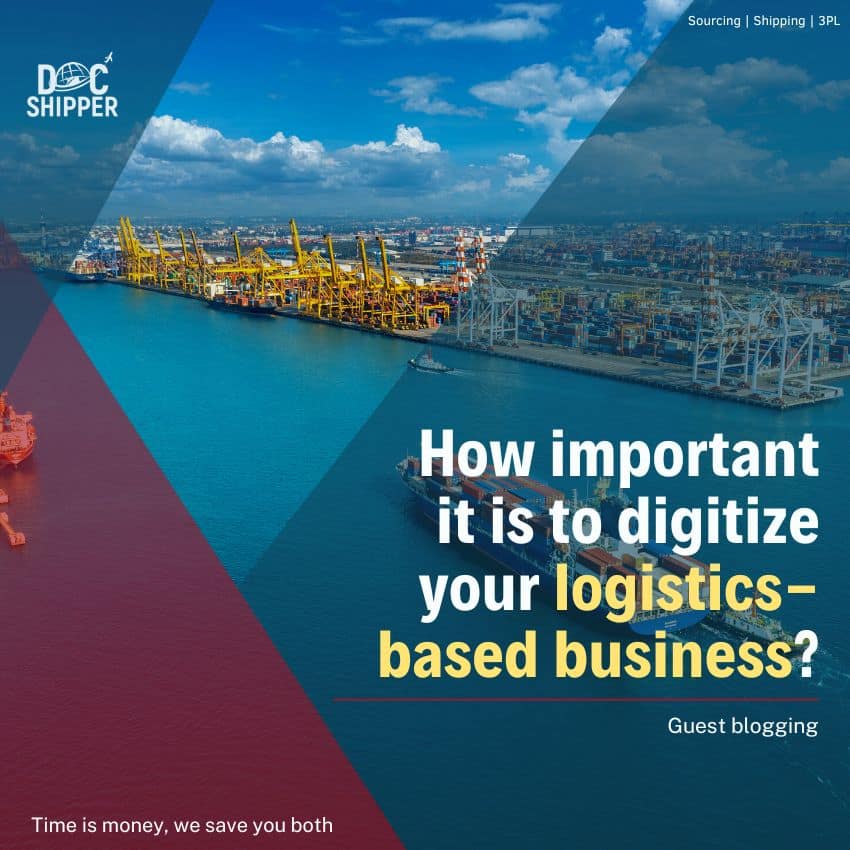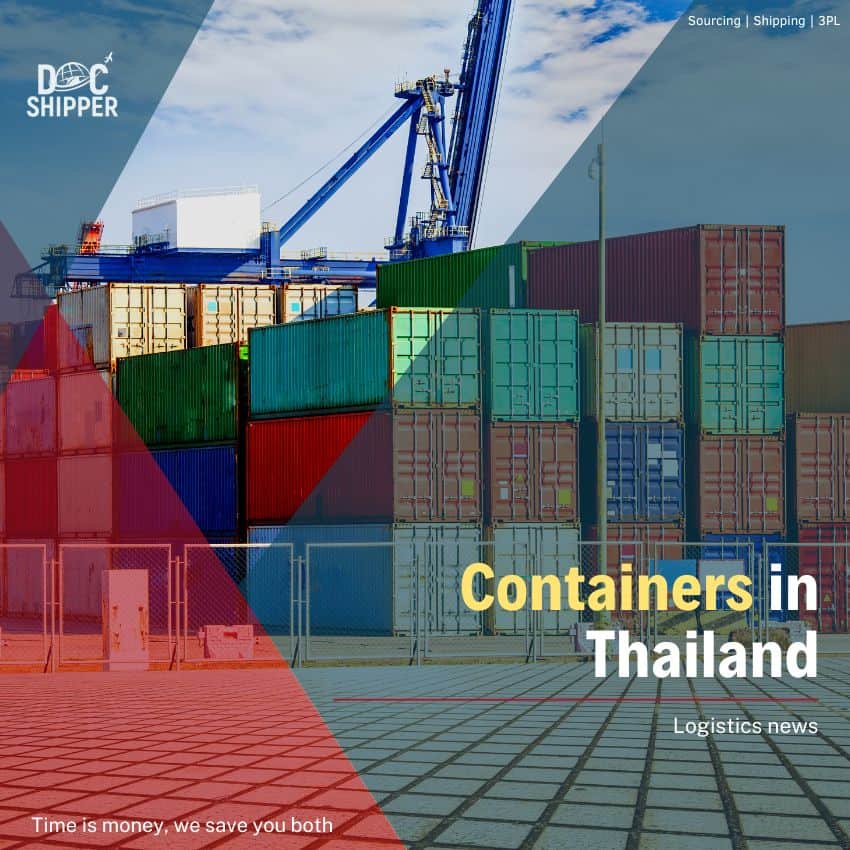International commercial terms, or Incoterms represent a series of laws and regulations related to import and export activities. Being the fundamentals of international trade and business, incoterms are used by almost all governments, and it is essential to know them.
There are a variety of incoterms, but we will focus on CIF (Cost, Insurance & Freight) in this article. CIF incoterms simplify the shipping process by offering multiple advantages to buyers. It can also be a good and cost-efficient option for sellers, especially if they have a significant network. What exactly are CIF incoterms, what do they entail, and when do you use them? Let’s find out!
What does CIF mean?
Incoterms are published by the International Chamber of Commerce (ICC), which revises and updates them every ten years.
CIF stands for Cost, Insurance and Freight. This incoterm is commonly used for maritime transportation and inland waterway transport.
When using CIF, the seller bears all costs for the transportation of the goods from the origin point to the destination port. He also has to provide insurance coverage for the items.
On the other hand, the risks of loss and damages to goods transfer from the seller to the buyer once the cargo is onboard the ship at the exporting port. The buyer is then responsible for the rest of the process.
All in all, CIF incoterm defines a clear framework for both the seller and the buyer, making it an attractive option for the shipping process.
SIAM Shipping Alert : SIAM Shipping offers expertise in production outsourcing from Thailand and beyond. Our experienced team handles it all - from sourcing to shipping - so you can focus on growing your business. Don't hesitate to contact us via Whatsapp, or request a free shipping quote.
What are the buyer's and the seller's responsibilities with CIF?
Let’s take a closer look at the responsibilities of both parties.
Seller’s obligations under CIF:
- Complete the packaging and labeling of goods;
- Load goods onto a local carrier (truck, van, etc.) and pay the fees associated with this process;
- Transport and deliver goods to the shipping terminal;
- Handle the export clearance, which includes export duties, taxes, and customs clearance;
- Remove goods from the local carrier and load them onto the cargo transport, then pay the Origin Terminal Handling Charges (OTHC);
- Pay freight charges and freight insurance related to the import activity.
Buyer’s obligations under CIF:
- Transfer items to local transportation once they arrive at the destination port and pay the Destination Terminal Handling Charges (DTHC);
- Deliver and unload goods at the final destination;
- Handle the import clearance, which includes import duties, taxes, and customs clearance.
SIAM Shipping info: SIAM Shipping helps with document preparation and offers a customs clearance service. To ensure the project's feasibility, we carefully review the entire bundle of documents for every shipment we handle. Contact us via WhatsApp, and receive a free quote in less than 24 hours.
When to use CIF Agreement?
CIF Agreement can only be used for sea and inland waterway transport. It's often employed for a Full Container Load.
Using CIF incoterm is interesting for importers who are not used to working with a specific export country, or for new importers since the process is easier for them. There are also fewer risks, as they are equally shared with the other party. For the seller, using CIF means better control over the logistics process.
You should opt for CIF Agreement in the following scenarios:
- The seller is certain to make higher margin profits despite all the costs related to the transportation of goods and the insurance;
- The seller has a good network and enough experience to have access to competitive freight rates and make the process cost-efficient for both him and the buyer;
- The trade relationship can be trusted, especially for the seller's sake, as there are risks that the buyer might back out of the agreement or engage in deceitful behavior.
FAQ | CIF incoterms: Meaning, terms and conditions
What is the difference between CIF and FOB Incoterms?
Under CIF (Cost, Insurance & Freight) Agreement, the seller is responsible for covering the costs related to goods, freight and insurance. With FOB (Free On Board) incoterm, it is the buyer who is responsible for transportation, insurance and other costs, while the seller only has to cover the cost of loading the goods on the vessel at the port of origin.
FOB Agreement provides better control over the logistics process for the buyer.
What is the difference between CIP and CIF Incoterms?
CIF (Cost, Insurance & Freight) incoterm is only used for sea transportation, meanwhile CIP (Carriage & Insurance Paid To) incoterm can be used for multi-modal transportation.
Additionally, in the case of CIF incoterm, the risks transfer to the buyer once the cargo is onboard the ship, but with CIP incoterm, the transfer of risks is extended and occurs upon delivery to the location designated by the seller. That means that the seller has more responsibilities under CIP Agreement.
Is it possible to use CIF for small parcel shipments?
Yes, regardless of the size of the parcel or the type of container in which the item is shipped, CIF incoterm can be used for both LCL (Less than Container Load) and FCL (Full Container Load) shipments.
SIAM Shipping info: Do you like our article today? For your business interest, you may like the following useful articles :
SIAM Shipping Advise : We help you with the entire sourcing process so don't hesitate to contact us if you have any questions!
- Having trouble finding the appropriate product? Enjoy our sourcing services, we directly find the right suppliers for you!
- You don't trust your supplier? Ask our experts to do quality control to guarantee the condition of your goods!
- Do you need help with the logistics? Our international freight department supports you with door to door services!
SIAM Shipping | Procurement - Quality control - Logistics
Alibaba, Dhgate, made-in-china... Many know of websites to get supplies in Asia, but how many have come across a scam ?! It is very risky to pay an Asian supplier halfway around the world based only on promises! DocShipper offers you complete procurement services integrating logistics needs: purchasing, quality control, customization, licensing, transport...
Communication is important, which is why we strive to discuss in the most suitable way for you!
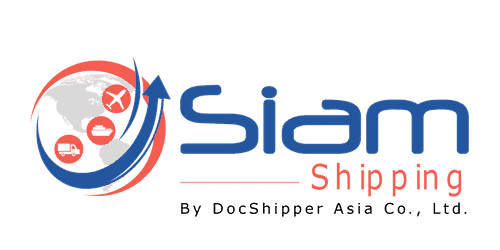
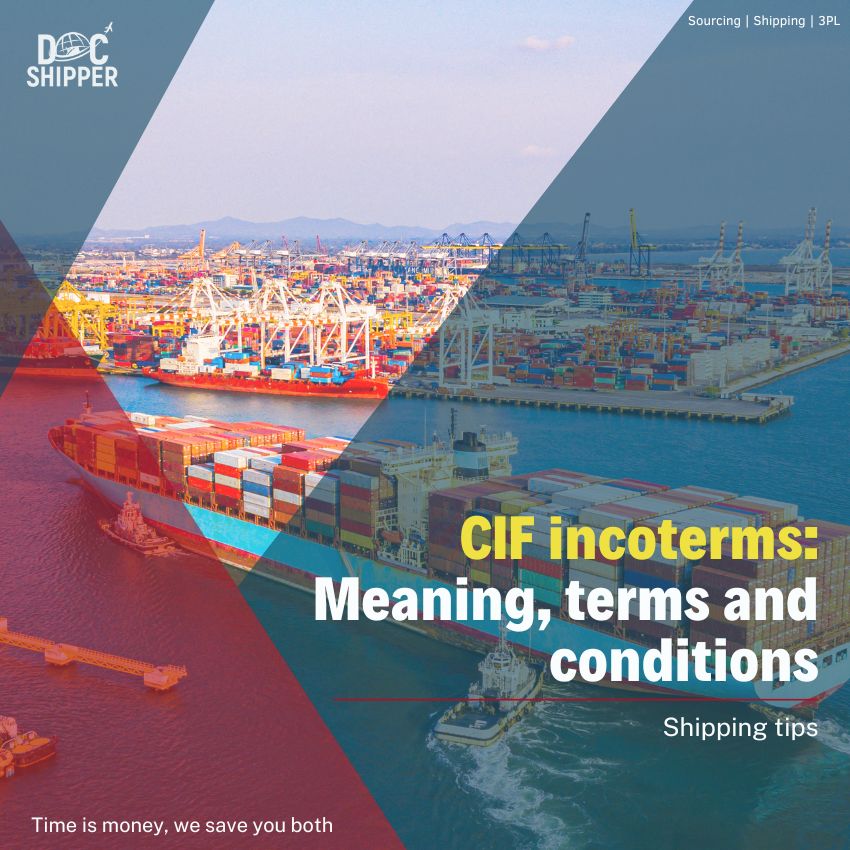





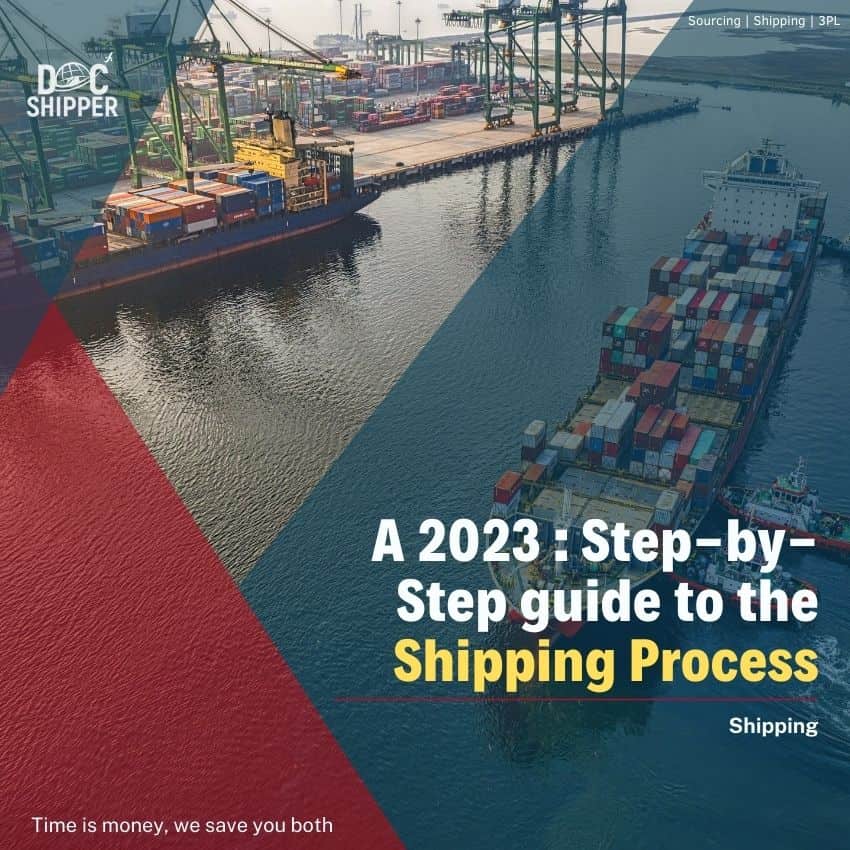
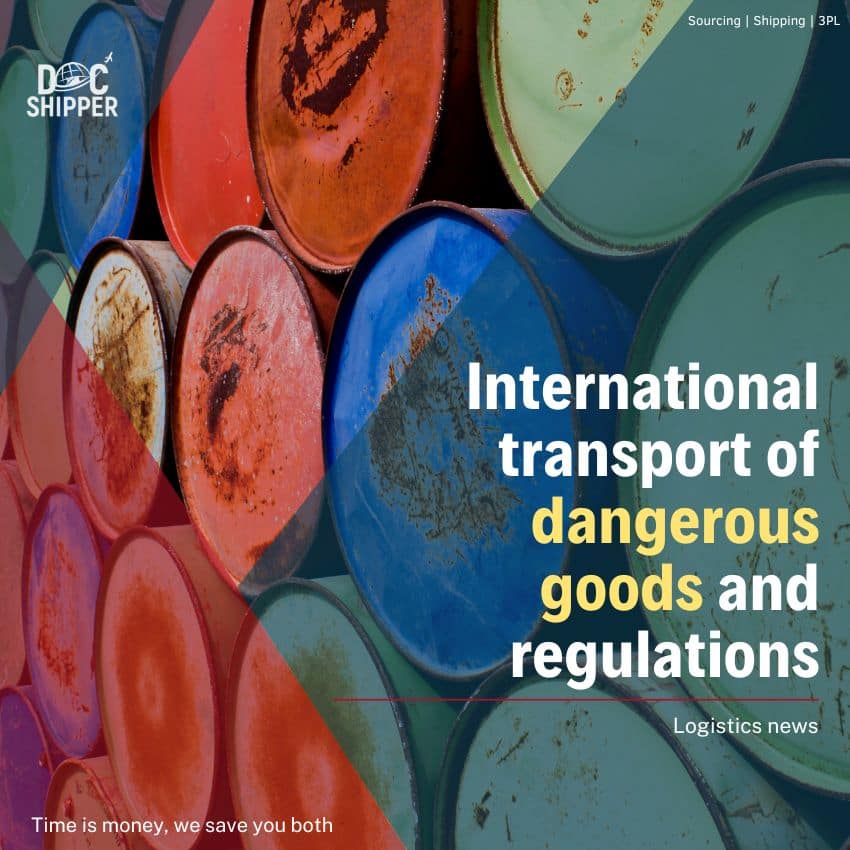
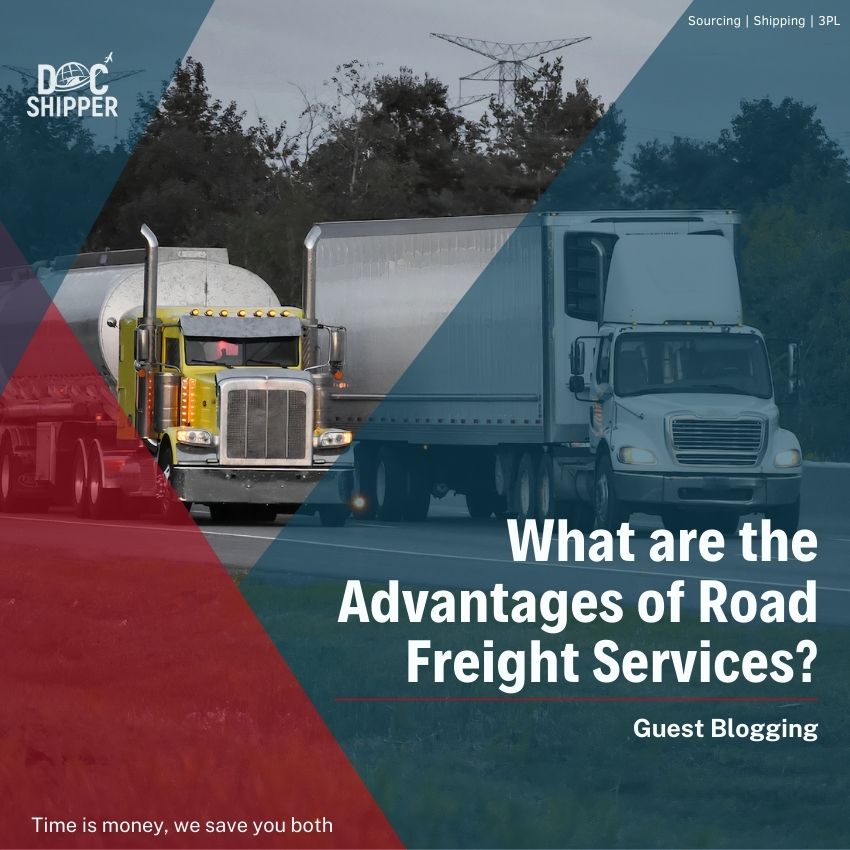
![What is HS code [The ultimate guide]](https://siam-shipping.com/wp-content/uploads/2021/07/What-is-HS-code-The-ultimate-guide.jpg)
